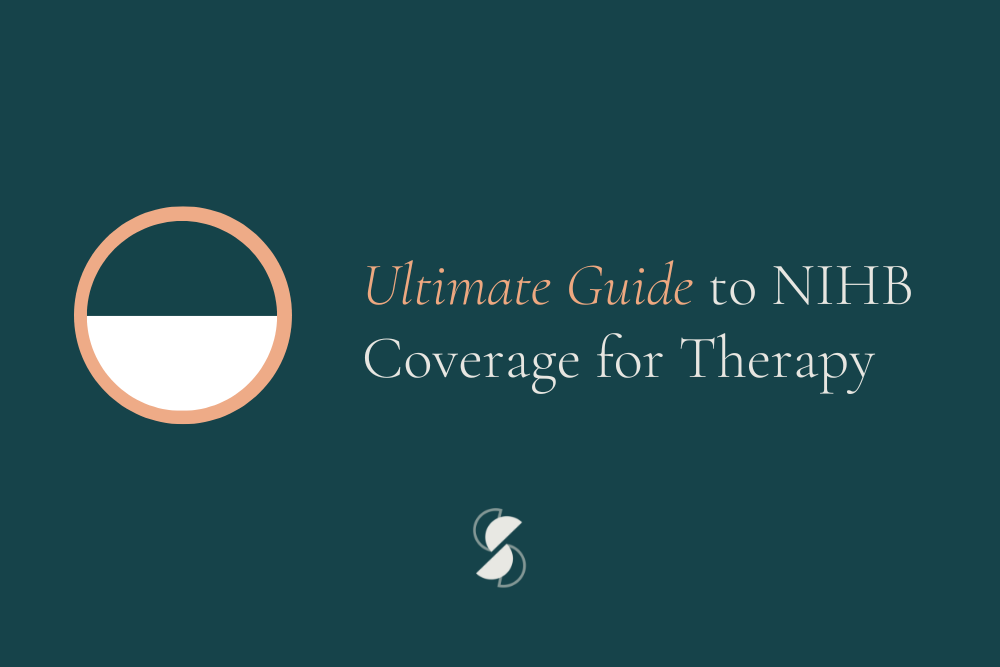When You're Not Feeling Like The "World's Best Mom"

When You're Not Feeling Like The "World's Best Mom"
With Mother’s Day just behind us, this may be an exciting time for new Moms. This time can also be a daunting and confusing for anyone suffering from postpartum mood challenges.
Mother’s Day is supposed to be a day when Mothers are celebrated by their families for all that they do and for being “The World’s Best Mom.” But what if World’s Best doesn’t fit with how you’re feeling? What if you really don’t feel like “The World’s Best Mom?” What if you don’t like how you feel as a Mom at all?
If this sounds familiar and if you recently had a baby, you may be suffering from a Postpartum Mood Disorder (PPMD). Whether it’s anxiety or depression, PPMD can make it very difficult to feel confident and comfortable as a Mother. This can make getting through each day difficult, and especially on special occasions like Mother’s Day.
Here are some ideas to help survive in the wake Mother’s Day when you’re feeling not so great as a Mother.
1. Stop “Comparenting.”
Every parent and every experience is different. There is no “perfect” way to be a Mother. Social media only provides small glimpses (usually happy, carefree, picturesque moments) into someone’s life. These snapshots don’t capture the whole picture or the moments no one wants to talk about (like the hour-long cries, the piles of laundry, and the loneliness). For every organic feeding, hair and makeup done, restful and happy Mom, there are about 3 other Moms who consider getting dressed in a day a MAJOR achievement (and sometimes it is!). So, let go of whatever homemade organic snack Susie Supermom made on her picture-prefect blog today, and be proud of your own accomplishments. You are doing the best that you can.
2. Be Easy on Yourself.
Whether you’re a new Mom, or a seasoned pro, caring for a baby is hard and a ton of work. You have no control over many things, including your hormones and your baby’s own moods. You’re doing the best you can to keep a new human alive. EVERY.DAY. Sure, the dishes may pile up and you may be wearing the same food-stained clothes for 3+ days, but you managed to get out of bed and care for a helpless, tiny human. You are already doing a lot.
3. Ask for Help and Accept it When it Comes Your Way.
How often, when someone says, “let me know if you need anything,” do we actually take them up on the offer? Understanding your own limits and understanding that it’s ok for you to need help does not make you “weak” or “less of a Mom;” it makes you resourceful and realistic. Help can come from a variety of sources: neighbours, family, friends, community, professionals, and online connections. Whether it’s emotional support or physical help, identify what you need most and find out what’s available. You might even be surprised at what comes through. Learning to say yes to support and to ask for help might also start up a little community of support for you and your child. Everyone needs help sometimes, and raising a child really does take a village.
If you think you may be suffering from a Postpartum Mood Disorder, treatment options are available. Help is available through your doctor or midwife, support groups, and individual counselling. SHIFT provides individual counselling specializing in supporting new and seasoned Moms.











.gif)







![Why You Need to Unfollow [@YourEx]](https://cdn.prod.website-files.com/625ec823c07cd8de32e1bae2/65c54e80b98a7d97ee026776_20240206T0910-707e5b7e-9802-42a3-8070-ba67b8dc33fd.jpeg)






![Summer Lovin' [not] Havin' a Blast](https://cdn.prod.website-files.com/625ec823c07cd8de32e1bae2/65c54e4341e7246ed4b3cbff_20240206T0910-fd1563e4-34d1-49e6-af59-9b95c717196a.jpeg)














































































